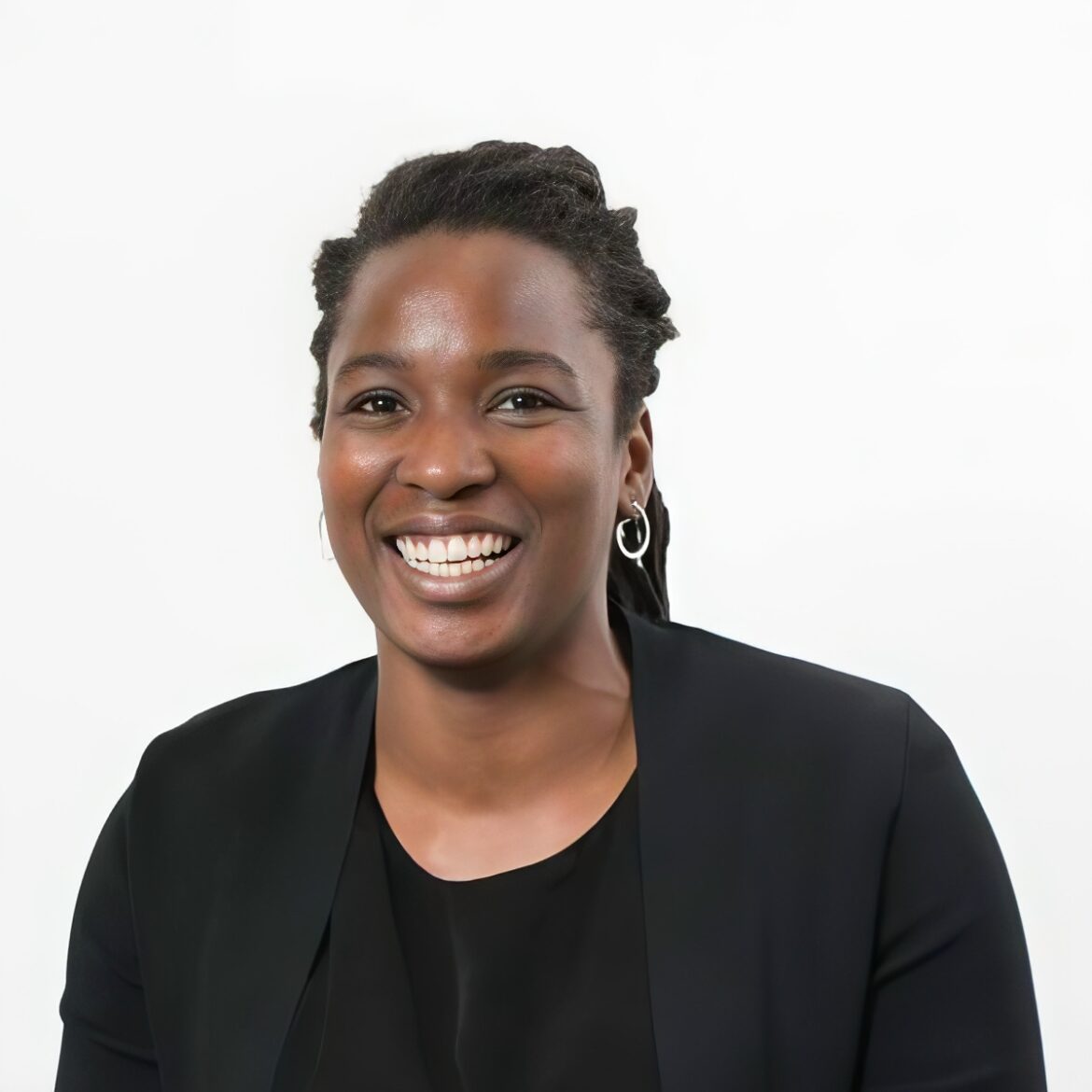Toyin Ajayi is a Nigerian-American physician, co-founder, and CEO of Cityblock Health, a tech-enabled healthcare company built to serve Medicaid recipients, low-income seniors, and individuals with complex medical, mental health, and social needs.
Born to physician parents, Ajayi spent part of her childhood watching her father work through the AIDS crisis in Kenya. That early exposure shaped her understanding of medicine as a human-centred practice, not just a clinical one.
She later trained at Stanford, King’s College London, and Cambridge and became the Chief Medical Officer at Commonwealth Care Alliance, exposing her to the systemic challenges of caring for patients in the U.S. safety-net system.
Why Cityblock was created
While working within nonprofits and state-funded health plans, Ajayi realised something blunt. The tools available were insufficient, and the populations dually eligible for Medicare and Medicaid were being managed through fragmented systems not built to deliver coordinated, dignified care.
In 2017, she co-founded Cityblock Health alongside Iyah Romm, her co-founder, to address that. The company aims to deliver integrated medical, behavioural, and social care to underserved communities using a value-based, tech-enabled model.
How Cityblock works
Cityblock is designed for people with multiple chronic conditions, mental health needs, housing insecurity, food insecurity, and other social risk factors. What sets it apart is its focus on whole-person care by combining primary care, mental health support, and social services within one coordinated team.
Instead of relying on a traditional clinical setup, Cityblock employs Community Health Partners and non-clinical staff from members’ neighbourhoods who help build trust and strengthen engagement. Care is delivered flexibly in members’ homes, over the phone, or via video, depending on what is most accessible.
To create consistent touchpoints, the company operates neighbourhood hubs that serve as familiar, walk-in centres. Around-the-clock access is another cornerstone as members have a 24/7 urgent care line, ensuring help is never out of reach.
Crucially, Cityblock rejects the outdated fee-for-service model. Instead, it operates through value-based contracts, which means it’s paid not for the number of appointments, but for improving health outcomes resulting in fewer ER visits, reduced hospital admissions, and healthier lives overall.
The numbers. The outcomes. The impact
Today, Cityblock serves over 100,000 members across seven markets in the United States. About 86% of those members are either on Medicaid or are dually eligible, and many face the challenge of managing multiple chronic and behavioural health conditions.
The company has achieved an impressive 81% engagement rate among dually eligible members, significantly higher than typical industry standards. Cityblock has reduced the total cost of care by 11.5% for members enrolled in its behavioural health program, and cut inpatient hospital admissions by nearly 20%.
Fifty-one per cent (51%) of high-touch members are seen monthly, and 72% of foundational members receive care every 90 days. This consistency contributes to high satisfaction, reflected in the company’s Net Promoter Score (NPS), which rose from 77 to 80.
In 2024 alone, Cityblock reported more than $1 billion in revenue. The company has earned a place on CNBC’s Disruptor 50 and Fast Company’s Most Innovative Companies, and has been named one of America’s Best Startup Employers by Forbes, for the third year in a row.



